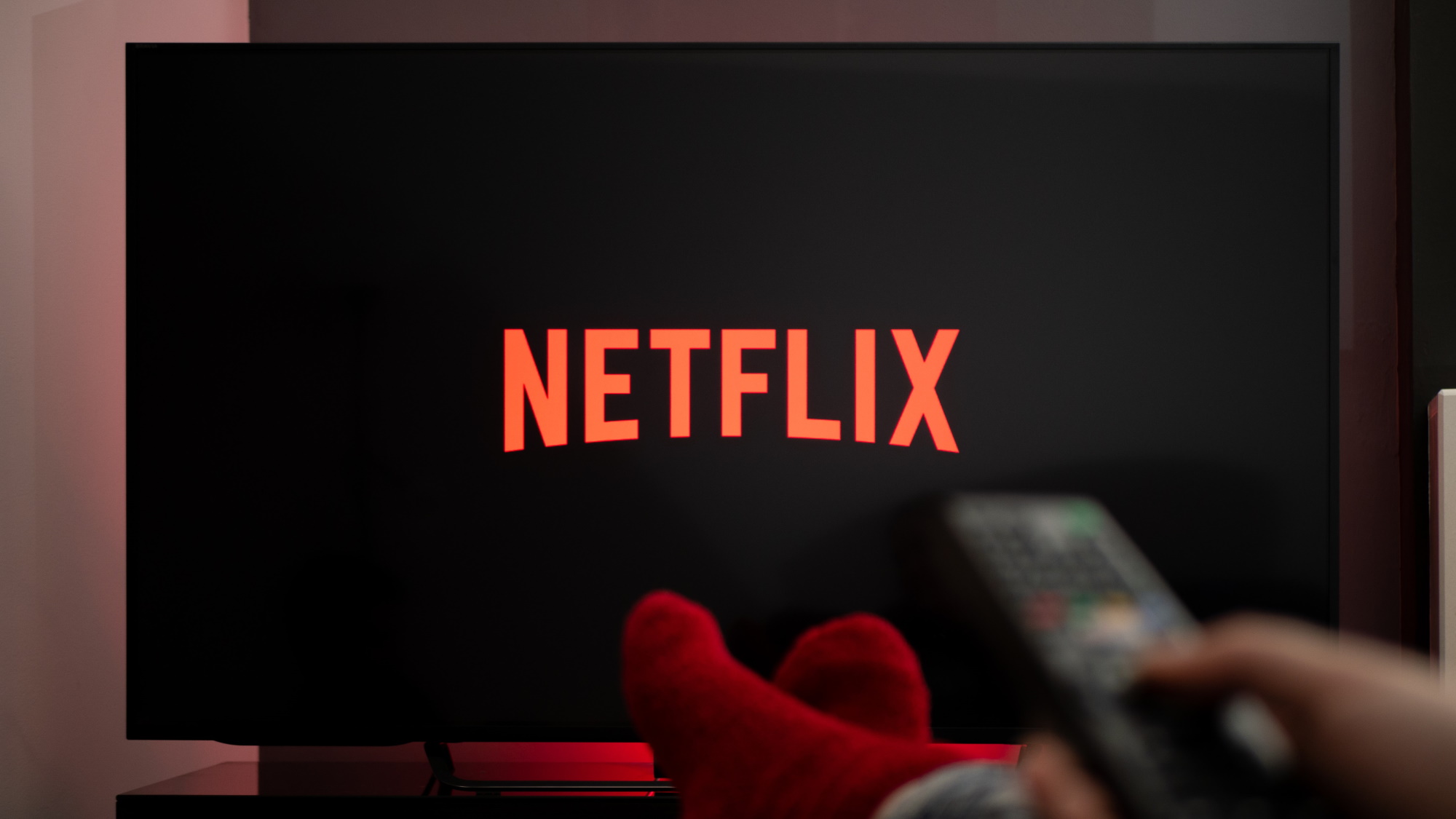The UK government has announced plans to freeze the BBC license fee for two years as part of a major review of the long-standing funding model.
Culture Secretary Nadine Dorries told Parliament that the fee will remain fixed at £159 until April 2024, when it will then rise in line with inflation until the current Royal Charter expires on December 31, 2027.
At that point, Dorries has hinted that the government hopes to have negotiated a new funding model with the BBC.
First introduced in 1946, the annual BBC licence fee is required by any household consuming live BBC television channels, or online programmes (including BBC iPlayer) through any form of transmission, whether it be through a smart TV or a laptop/tablet.
The government’s two-year review is intended to answer the question of whether "a mandatory licence fee is appropriate” in today’s economic climate.
But if the license fee has indeed been scrapped altogether by 2027, then what might the BBC’s funding model look like in the future? Below, we’ve detailed three possibilities.
Subscription-based funding
Without license fee funding, the BBC may be forced to adopt a model akin to the likes of Netflix and Prime Video – where customers voluntarily pay a monthly or annual sum to access broadcaster-specific programming and services.
A subscription-based BBC would likely cost more than the current service, though, since many households – specifically, those who currently pay the license fee without a care for BBC programming – may choose to opt out.
The BBC would, however, still need to keep its subscription fee at an affordable level for most households – closer to £4.99/m than £9.99/m, we expect – which could significantly dent the broadcaster’s annual income.

Advertising
An alternative (and perhaps more likely) funding model could see advertising introduced into BBC programming.
Other public broadcasters in the UK, like ITV and Channel 4, have long featured ad breaks, which may make this option easier for viewers to accept (as opposed to a full-on BBC subscription service).
It’s unlikely, though, that funding accrued through advertising alone would be enough to sustain the broadcaster's broad service roster, while many commentators also fear that switching to this model would force the BBC to prioritise high-yield programming in a bid to sell more ads.
Car insurance pitches during Strictly Come Dancing? We don't love the idea.
Direct government funding
A third possible option could see the government fund the BBC directly through grants.
Countries like Australia have proven that such a model is feasible, though it means the BBC would be at the behest of the government in place at any given time.
As such, the amount of funding received by the BBC could change every few years, while the broadcaster’s commitment to editorial independence may also be jeopardised should its benefactors take issue with certain programming.
Could the license fee stay in place, after all?
Of course, there's a chance the license fee may remain in place even after the expiry of the Royal Charter in 2027.
Five years is a long time, and a lot could change before we reach that 2027 end point. There could be a new Secretary of State for Digital, Culture, Media and Sport, a reshuffle of government departments, or a different acting government altogether. So governmental attitudes towards the BBC, and the best action to take around its funding, likely won't stay static in the years to come.
If there's a big outcry from viewers and listeners over potential payment changes, that could factor into the monetary strategy going forward, too.
No comments:
Post a Comment